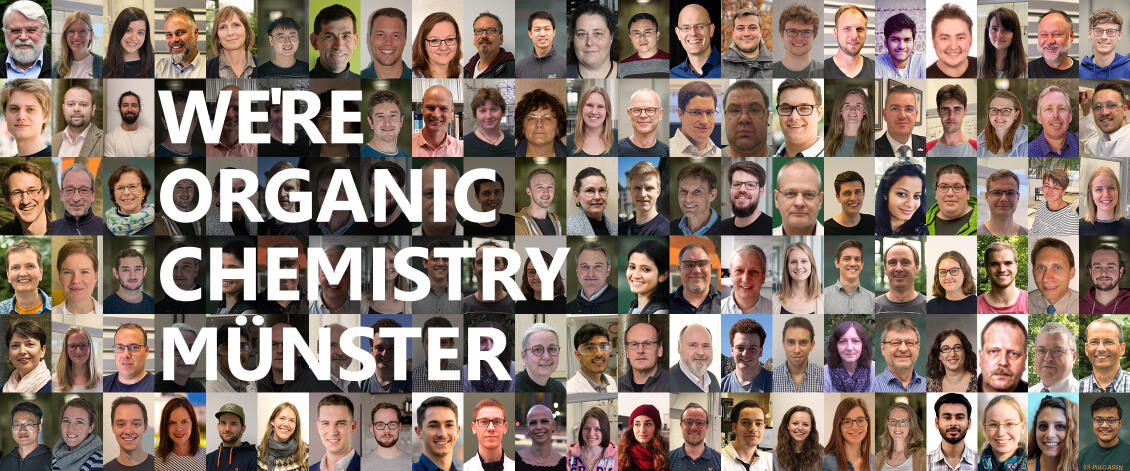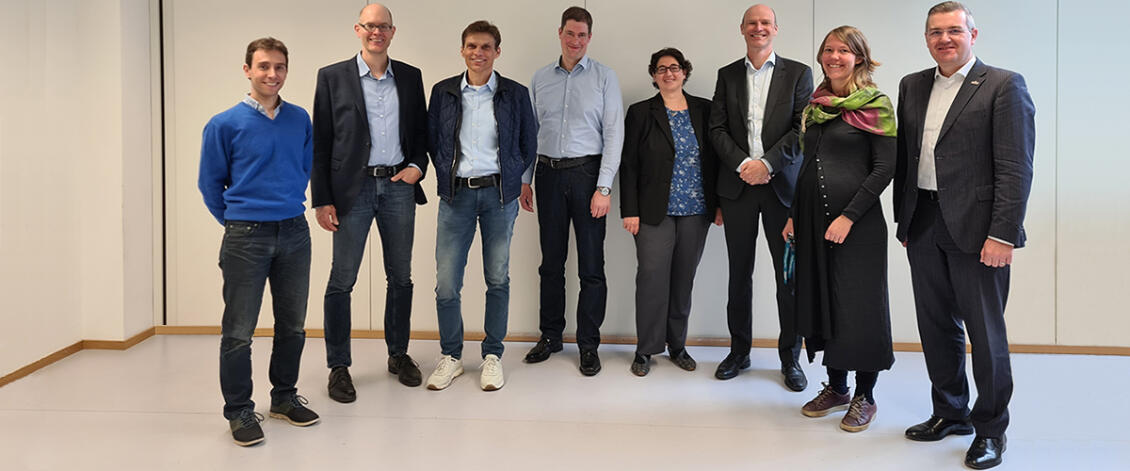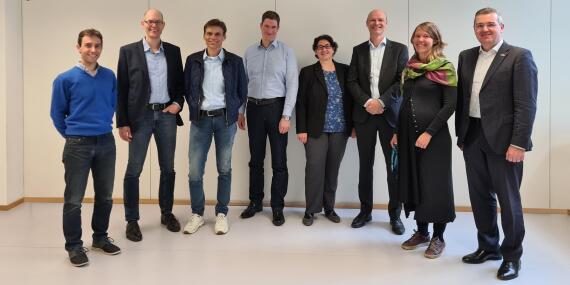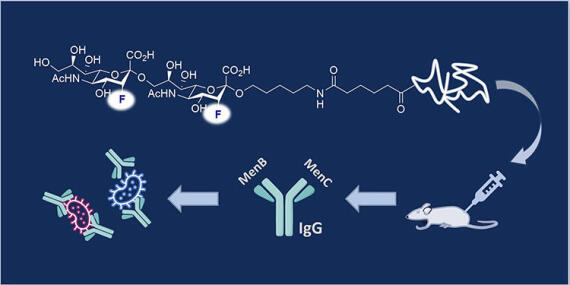
As a PhD student in Nagoya – a report from Japan

Study presents self-organising nanostructures with conductive properties

Evonik Preis 2025

Christmas Lecture 2024: Do It Yourself for Chemists

Master's theses in chemistry awarded

Two chemists from the University of Münster are highly cited

Collaborative Research Centres to receive additional 25 million in funding

Battery research: International Graduate School receives millions in funding

New method for producing innovative 3D molecules

Frank Glorius receives Emil Fischer Medal
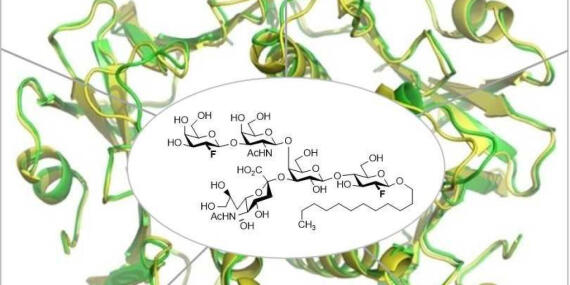
New insights into molecular mechanisms of cholera infection
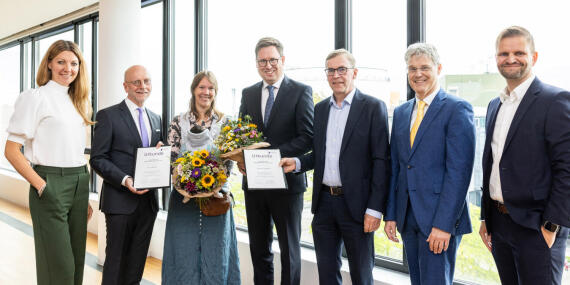
Universitätsgesellschaft recognises chemist and physicist

"ChemInnovation" wins start-up competition
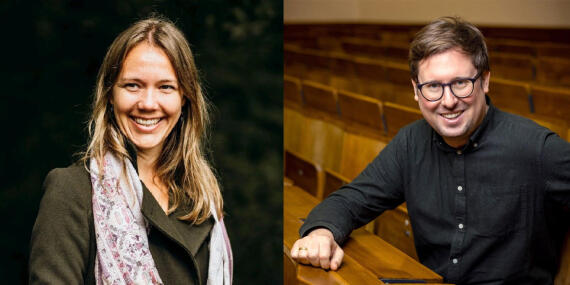
Universitätsgesellschaft awards promotion prize - two portraits

Faculty of Chemistry and Pharmacy honours pioneer of photocatalysis
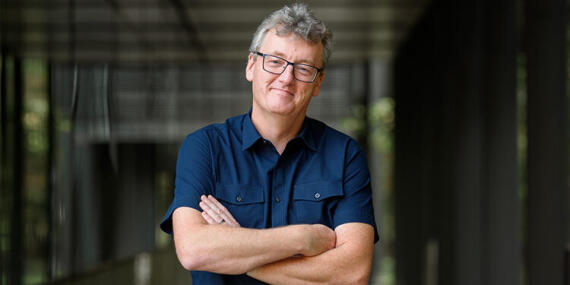
Interview with nobel laureate David MacMillan
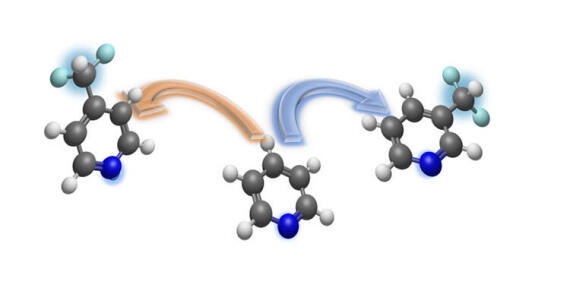
New method for introducing fluorinated components into molecules
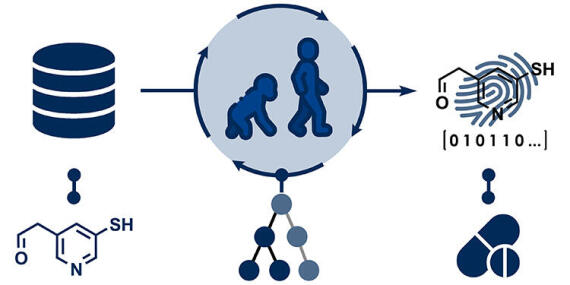
Evolutionary algorithm generates tailored “molecular fingerprints”


